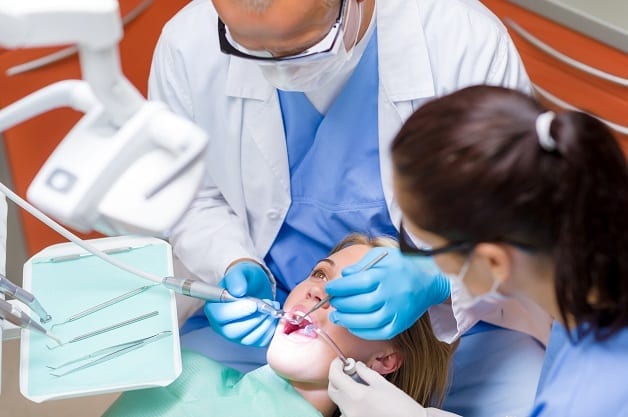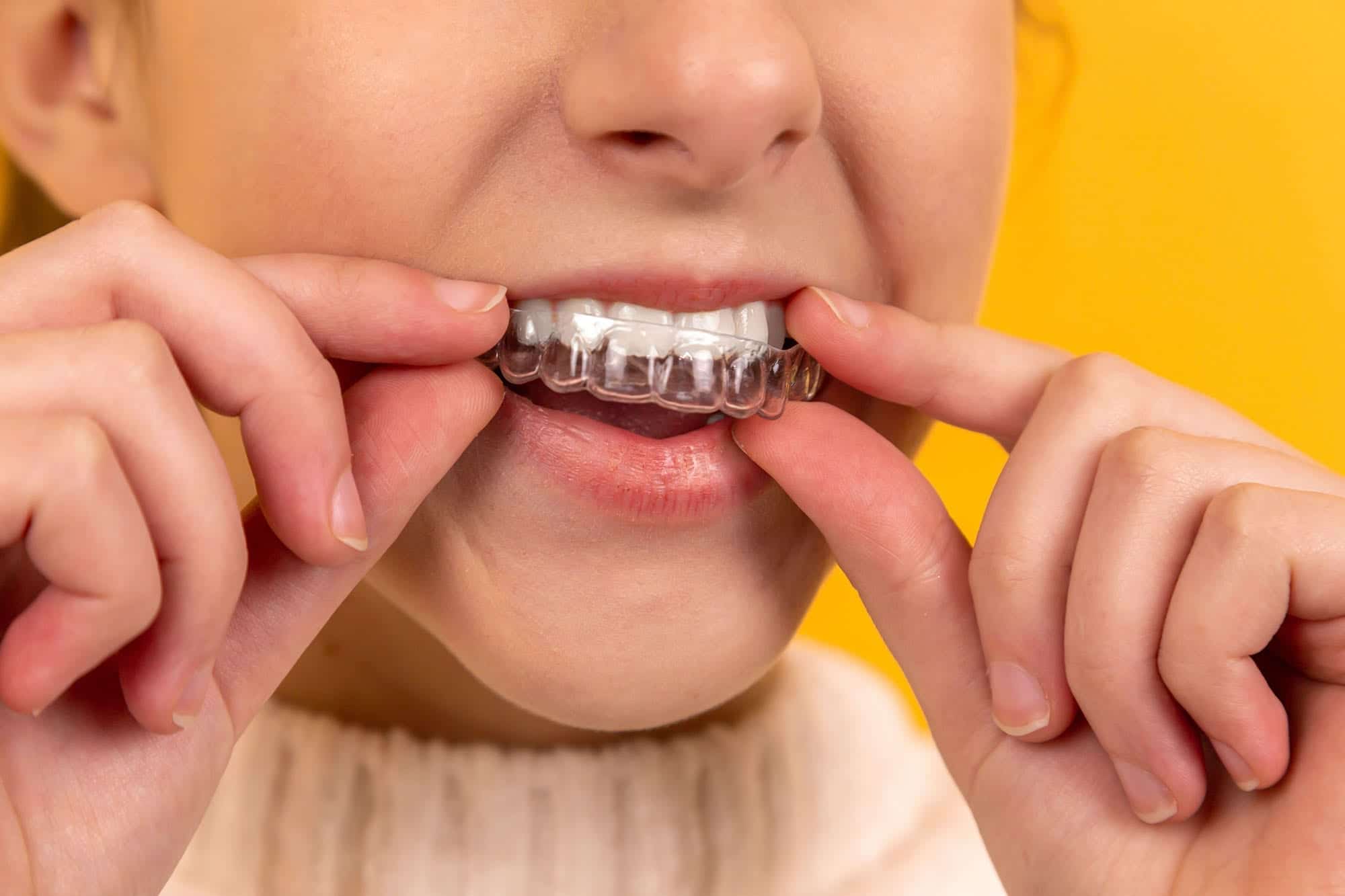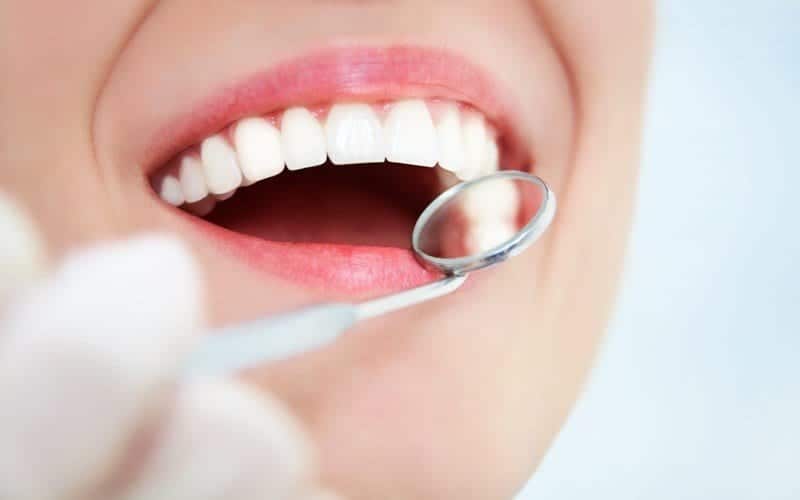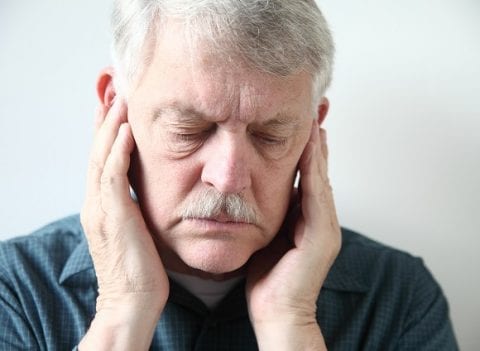The temporomandibular joint (often shortened to TMJ) connects your jawbone to the skull and acts like the sliding hinge between the two. This joint is found on either side of the jaw and helps the mandible move as you talk, scream, and chew as well as breathe by your mouth and whistle. If you have TMJ disorders—it’s one of several temporomandibular disorders or TMDs—this can cause severe pain on the joint of your jaw and the muscles controlling your jaw movement.
Because of how complex the TMJ is, it can be challenging to diagnose and treat a TMJ disorder. Keep reading to find out more about TMJ, the TMJ disorder, its common symptoms, and its most effective treatments. Don’t hesitate as well and contact the dentist pros at Thantakit as well for any specific comments and questions or if you need a consultation with them.
How Common Is the TMJ Syndrome?
TMJ disorder affects millions of people in the U.S.A. annually. Truth be told, it’s estimated that there are more than 3 million cases of TMJ syndrome every year. In other words, TMJ disorders affect 12 percent of Americans. It might not sound that big percentage0-wise but 3 million isn’t exactly a small number either. More women end up with TMJ disorder compared to men, with 9 women to every 1 man experiencing restricted jaw movement and severe TMJ pain.
However, even though it’s surprisingly common, the average American tend to harbor a load of misunderstandings and misinformation in regards to what TMJ is, what its symptoms are, and how to properly get it treated. This is where Thantakit Dental Clinic comes in. Thantakit is filled with TMJ specialists and internationally trained dental professionals that have been helping people with TMJ disorder for decades along with a host of other dental and gingival issues.
The men and women of Thantakit Clinic has decided to pool their knowledge together in order to create this guide to cover everything you need to know about TMJ syndrome and how to treat it.
What Is TMJ Disorder?
The temporomandibular joint disorder or syndrome refers to the sickness that affects the joint connecting your jaw to your skull through the back of your cheekbone. It’s like a hinge that keeps your jaw connected to the rest of you while also allowing your mouth to make more complex chewing and mastication movements.
With that in mind, here are the things you should expect when you have TMJ syndrome.
- Usually Painful on One Side: Human beings typically have two TMJs, one on each side of the jaw. TMJ disorder sufferers tend to only have pain on one side as though only one of the two TMJs have a disorder. However, it is possible for patients to undergo soreness and pain on both sides of the jaw because both TMJs have the disorder.
- Just One of Many Disorders: As mentioned earlier, TMJ disorder is only one type of many TMDs. All issues involving the TMJ are also considered TMDs, but not all TMDs are TMJ disorders as well. Just keep in mind that the TMJ disorder is part of a larger disorder family of the temporomandibular variety, so they share common causes, symptoms, and treatments because they’re related.
- Causes of TMJ Syndrome: TMJ disorder is caused by multiple factors, including genetics, various injuries to the teeth and jaws, multiple arthritis types, clenching and grinding of the teeth or bruxism, dislocation of the disc between the skull and the TMJ, and even stress at work or school resulting in TMJ pain somehow. The condition is characterized by the pain it causes.
- Describing The Pain Caused by TMJ Disorder: TMJ syndrome is excruciating. People suffering from it report feeling a sharp pain and tightness of the jaw and the TMJ that emanates across their whole face. Because of nerve placement and interconnectivity with the teeth and jaws, TMJ disorder can also cause different types of headaches such as cluster headaches and migraines.
Thankfully, the pain caused by TMJ disorder is mostly temporary or short-term. It should disappear after you’ve properly treated the condition itself. It’s the same when it comes to the headaches linked to this TMJ sickness.
If you’re suffering from TMJ syndrome, then that usually means your TMJ has gotten damaged and is emitting acute pain to warn you about its compromised condition.
Causes, Symptoms, and Risk Factors

The TMJ combines the hinge action of your jaw muscles with sliding motions, allowing you to grind your food to something more digestible. It makes it easier to cut, chew, and masticate what you’re eating. The parts of the bones interacting with the temporomandibular joint are covered with cartilage and separated by a small disk responsible for shock absorption and keeps the movement of your jaw as smooth as possible.
You can end up with a rather painful TMJ disorder if the following were to happen:
- The disk has eroded.
- Arthritis has damaged your joint’s cartilage.
- The disk has moved out of its correct alignment.
- The joint has been ruined by blunt-force trauma from a blow, car accident, or some other impact.
Alas, the cause of TMJ disorder usually isn’t clear in many of the cases involving it. As for TMJ disorder’s signs and symptoms, you should be aware that there’s an almost infinitesimal number of symptoms connected to TMJ syndrome. What’s more, many of these symptoms mimic those found in other diseases or illnesses. This makes diagnosing TMJ syndrome a lot more difficult than normal and can also lead to misdiagnoses from your doctor.
You should therefore go to a medical or dental professional in order to get the proper diagnosis and treatment for TMJ disorder. At any rate, the condition includes the following symptoms:
- Tightness or pain in the eye
- Pain in one of the temporomandibular joints, or both of them
- Limited or restricted movement of the jaw and mouth
- Your jaw is painful or tender on one or both sides of the face.
- Your mouth might also suffer from aches and pain that includes toothaches.
- You might suffer from headaches, which often include cluster headaches and migraines.
- You have issues with chewing because it’s painful to chew or you may not be able to chew at all.
- There is pain within or around your ear. You might also hear ringing right in your ears.
- Facial pain or ache on either one or both sides of the face. Your face might also feel tighter than normal.
- TMJ disorders can also cause a grating sensation or clicking sound when you chew or open your mouth. It can also come in the form of a popping sound.
- The joint has stiffened, giving you lockjaw and making it difficult to open or close your mouth. Lockjaw is when you’re unable to move your jaw slightly or at all, thus keeping you from talking or eating.
Keep in mind that if your jaw is clicking but there’s no movement limitation or pain from it, then there’s no need to treat you for a TMJ disorder. It’s a benign phenomenon not related to TMJ syndrome as long as it’s not causing you pain.
In regards to the factors that may increase your risk of TMJ disorder development, they include the following:
- Infection.
- Dental surgery.
- Physical injury.
- Jaw injury or disorder.
- Autoimmune diseases.
- Genetic, hormonal, or environmental factors.
- Various arthritis types such as osteoarthritis and rheumatoid arthritis.
- Bruxism or long-term chronic clenching or grinding of the teeth during sleep.
- Certain connective tissue diseases that make problems that can affect the TMJ.
Did you know that violinists experience TMJ disorders at a higher rate than the general population? It’s because they have to hold their violin under the jaw, which increases their risk for TMJ syndrome development. Seemingly any regular amount of strain on your jaw can lead to issues with your TMJ.
More often than not, the discomfort and suffering linked to TMJ disorders is temporary. Now that you have a better idea of what causes TMJ syndrome and what its most common symptoms are, you can now turn your attention to how to go about treating it.
TMJ Syndrome Treatments and Therapies

You can relieve TMJ disorder pain with nonsurgical treatments and self-managed care. When dealing with this particular condition, surgery is typically done as a last resort rather than the first line of care. It’s what you should go for when all the more conservative nonsurgical methods have failed. However, some people with TMJ disorders might benefit the most with surgery versus home remedies and noninvasive treatments.
- Home or Clinic Therapies: There are multiple therapies and treatment options for TMJ syndrome. Some of them require medical or clinical attention. Some you can perform at home in order to address the more temporary or short-term pain symptoms of TMJ disorder. While it may be tempting to take over-the-counter or OTC painkillers like ibuprofen or drink tea to sooth your jaw pain, you need medical or dental attention in order to get a more long-term solution for your TMJ issues.
- Custom-Made Dental Appliance: You can avail of a non-invasive, custom-made dental appliance in order to relieve TMJ pain and correct any misalignment that might have happened to the joint. Also known as oral appliances, these apparatuses are akin to mouth guards that athletes wear when undergoing full-contact sports. They’re conveniently designed to improve your symptoms and relieve pain related to TMJ syndrome.
- Physical Therapy: Another noninvasive and nonsurgical option when it comes to treating your aching jaw and TMJ is physical therapy. This is typically done with the assistance of a physical therapist. You can undergo facial massage or you might be required to do jaw, mouth, and face exercises to correct any misalignments or rehab the joint in order to provide long-term pain relief. Expect a customized plan of action for your specific TMJ disorder case.
- Hot and Cold Compresses: Instead of medicating with OTC pain pills to relieve TMJ-related pain, you or your physical therapist can put on hot and cold compresses on your jaw to decrease all that persistent ache and stiffness from the temporomandibular joint. This should definitely assist you in completing the custom plan of action concocted by your designated PT that depends mostly on your specific TMJ syndrome symptoms.
- Injections: There are various injections available to provide you pain relief or even symptom relief for your TMJ disorder. Which benefit can you get from them? It depends on what kind of medicine is put into these injections. They could range from anesthetics to even Botox injections that deaden the face with botulism toxin. For the most part, the injections include steroids that bring down all the swelling and pain. Consult a dentist or doctor to get prescribed for this TMJ syndrome treatment.
- TMJ-Related Surgeries: If all else fails—if all your painkiller doses and steroid injections aren’t enough to bring down the pain—then your best bet is to undergo TMJ-related surgery to get rid of the TMJ syndrome pain. There are actually multiple surgery options for you to choose from depending on the type of TMJ disorder you have and how severe it has become. Most cases don’t require surgery but some are severe enough to justify going under the knife.
You should only consider taking surgery if all the above mentioned therapies and treatments haven’t worked for you and your persistent suffering at all. Take the surgery option if your TMJ issues have become severe enough to affect your quality of life. Weigh in the risk and reward for TMJ surgery the same way you would any other procedure type. TMJ surgery includes open-joint surgery or arthrotomy, arthroscopy, modified condylotomy, arthrocentesis, and so forth.
The Bottom Line

Seek dental services and attention if you have persistent tenderness and pain in your jaw. Your dentist is there to find a way to make your TMJ pain to go away. You should definitely see a dentist or a doctor if you’re unable to close or open your jaw completely. Your TMJ specialist, doctor, or dentist can talk to you in regards to the possible causes for your issues and their respective treatments.
It’s more often than not difficult to determine the exact cause of a person’s TMJ disorder. There is a number of factors or variables that can cause you pain when you have TMJ disorder, such as jaw injury, arthritis, or genetics. Some patients suffering from jaw aches also have a tendency to grind or clench their teeth, which is a condition known as bruxism. Curiously, here are those who are habitual teeth grinders yet they never develop disorders of the TMJ kind.
Thantakit International Dental Center is Thailand’s longest established dental center. Situated in Bangkok, our clinic is renowned across the world as a destination for world-class dentistry, with most of our patients flying to us from Australia.
Please contact us today and get a FREE dental consultation.












